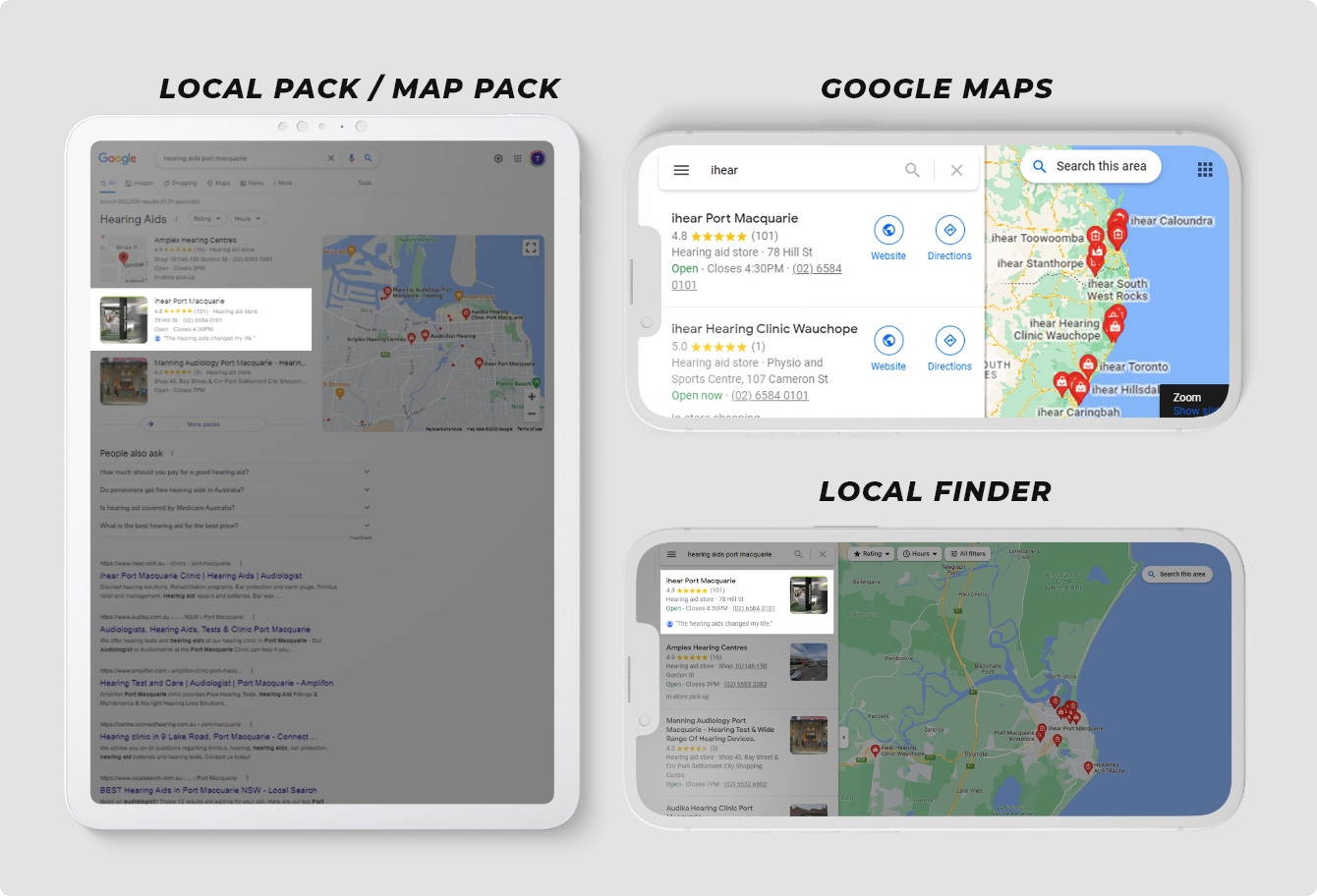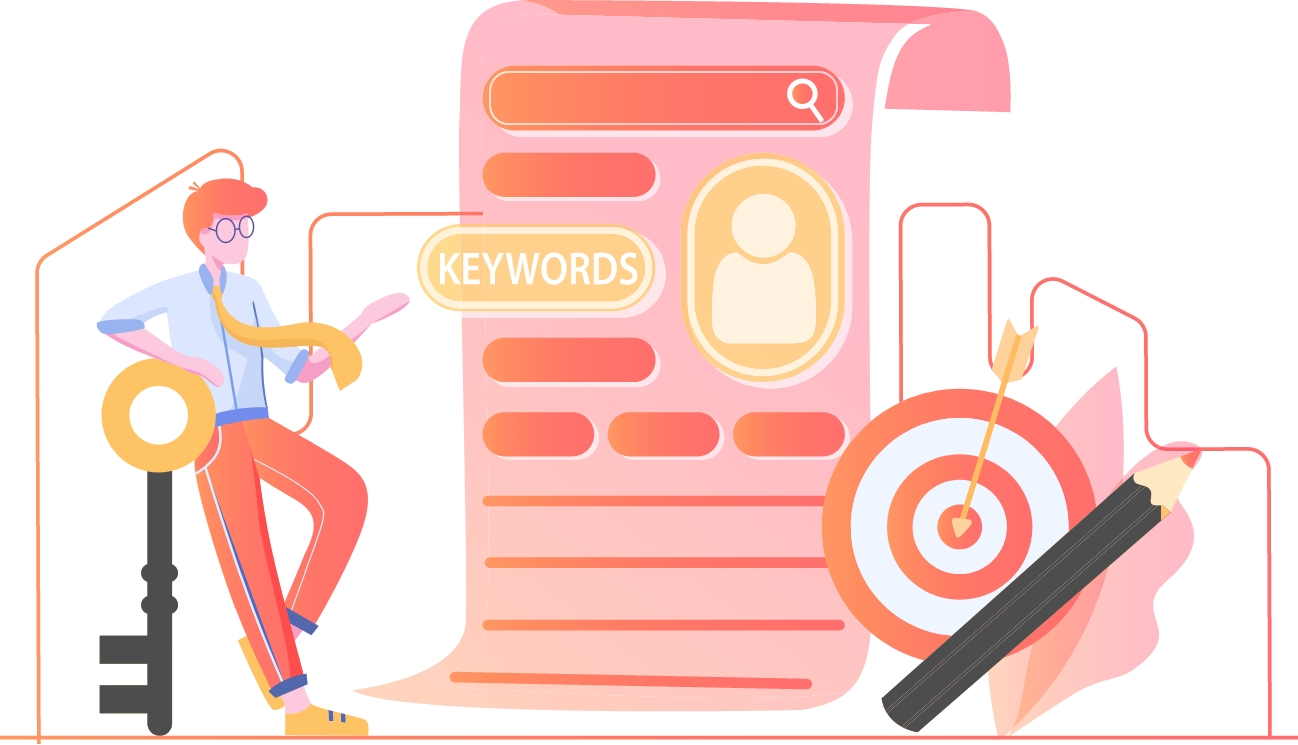Smart hotel owners are paying attention to their social media platforms and local directories.
Research has shown there is a direct link between growing their business, and how well Google picks up their local algorithms.
I hear you saying “local directories? There’s more than one?” (Most of us are familiar with Google Business Profile) and “we already have someone on social media, it’s a subset of marketing”.
By definition, brick and mortar businesses are doing fairly well with their search engine marketing.
But how much business is falling off due to failure or inconsistencies with your location data? This is the data that is contained both in social media and in dedicated websites such as Google Business Profile, and if you don’t know the answer to that question then it’s time to start looking at local marketing on Google.
OmniHyper director Colin James says the first step is getting acquainted with the various local directories. This includes Map Pack, Local Finder, Google Maps, and finally, organic search results.

He says the reason local directories is so important, is because local SEO uses a local algorithm that differs from the algorithm used in traditional search engine marketing.
“This is good old-fashioned stuff focussed on your businesses address, like the suburb where the hotel or brick and mortar store is located, the street you are on, and variations on ‘near me’ searches made by humans.”
Making sure your business data appears in all these local directories is the first step. Mr James says most businesses will have their correct location details in their social media profiles because they are consistently updating these pages.
“But it is surprising how often businesses forget to update their social media accounts when there has been a change of location, or the business has moved.”
The next step is becoming familiar with Map Pack, Local Finder, Google Maps and making you’re your business has a listing on these platforms. Also, you want to have your website correctly optimised so an organic search produces a correct address.
He says search engines such as Google, Bing, DuckDuckGo, and Yahoo draw information from social and location sites and then put it all together, to form an opinion about whether a business really is at this location or not. The more platforms that confirm the address, the better.
“It’s critical that the citation data is consistent. If your business shows an old address, or has no address listing, straight away that’s a black mark. Figuratively speaking that is, because we are talking about an algorithm.”
Mr James says doing well in local SEO, is critical in a highly competitive market.
“If your business is doing well with its business listings, and it’s a situation where it’s hard to differentiate your product or service from others, then the search engine will pick your business over competitors.”
He gives the example of a businessperson who gets delayed and has to stay the night in a city.
“The hotels that come up are going to be based on where that person is right now. You want your location data to be spot on.”
The other part of the equation is making sure business listing are also optimised for local search. Mr James points at research that shows an 8000 percent year-on-year increase in search terms used by local people wanting to buy something right now for search terms like “who has ‘product’ in stock”.
He says the search term ‘service type’ ‘open now near me’ has grown by over 400 percent year-on-year.
It’s a little-known fact that business listings can be optimised for local SEO on social media and on the location directories.
Mr James says keyword research is a critical part of the service, with many factors taken into consideration to identify those customers who have immediate intent to buy.
“Searching for keywords is an ongoing activity, to ensure we are always targeting the right keywords.”
He says it’s not enough to simply use the keywords identified by the website builder and used for the initial optimisation of a business. He says many factors are taken into consideration to target local people who want to buy now.
Keywords are selected by looking at search volume, and this is weighed up against the average cost per click and commercial value. Some data is discounted, for instance if the searcher doesn’t live nearby, and we know those on a mobile are 50 percent more likely to be doing a local search. Local slang and seasonality are also included.

A little bit of psychology is applied to navigate the ‘intent’ of the person typing in the keywords to select keywords where there is a higher likelihood of purchase.
Mr James says the result of local search marketing is making sure you get the most relevant growth outcome for your business.
“This could be more foot traffic, more phone calls and higher local website traffic.”
Instantly Hyper-Charge Local Foot Traffic, Phone Calls and Website Traffic – HyperZone® is a Solution for Traditional Bricks & Mortar Businesses Who are Looking to Engage New Customers in their Local Area. Book your slot today, and receive a free demo.
